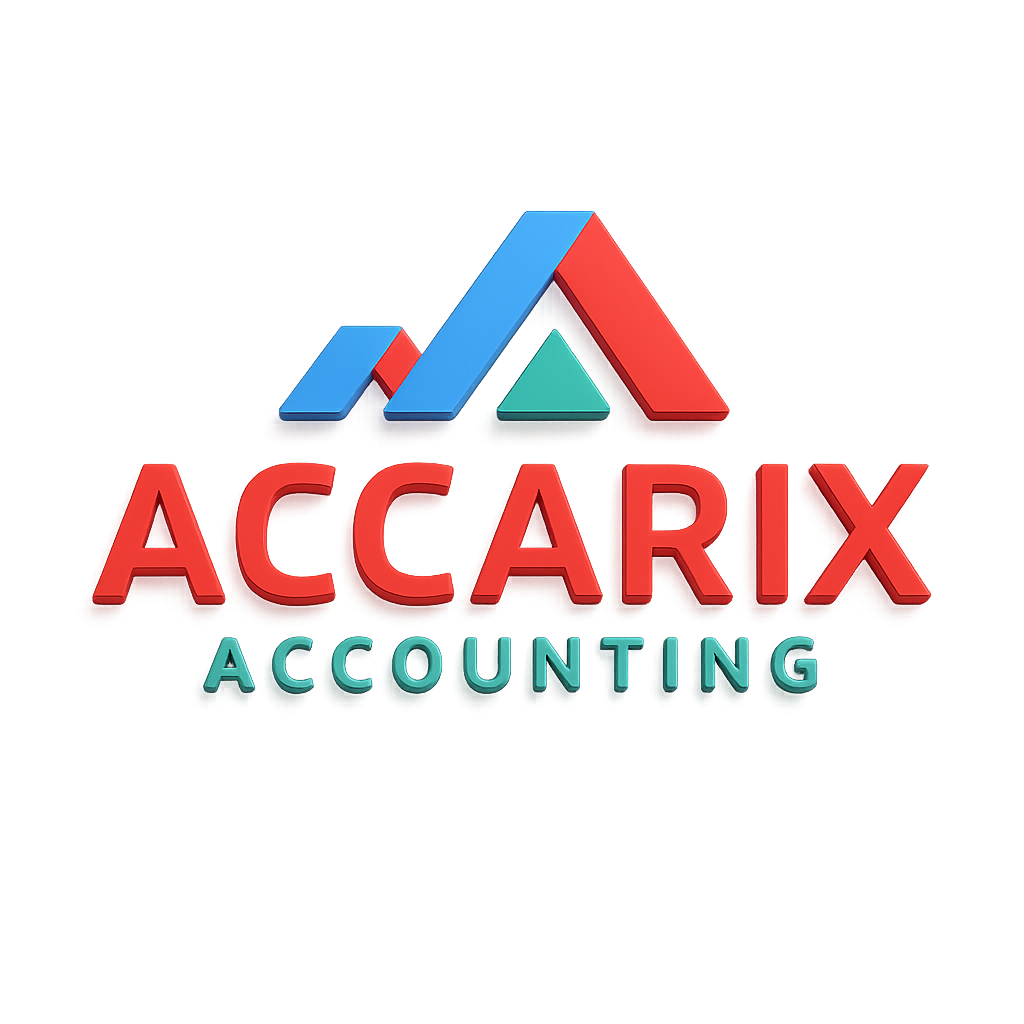In today’s fast-paced, tech-driven world, bookkeeping has evolved far beyond ledgers and spreadsheets. Modern bookkeeping is all about accuracy, efficiency, and flexibility—especially for businesses operating remotely or serving clients across borders. Whether you’re a small business owner or managing your finances from afar, mastering updated bookkeeping practices is essential for maintaining control and supporting long-term growth.
The foundation of modern bookkeeping lies in cloud-based software. Gone are the days of paperwork and manual data entry. With tools like QuickBooks Online, Xero, and Wave, financial data is accessible anytime, anywhere. These platforms offer real-time updates, automatic bank feeds, and seamless integration with other apps—making it easier to stay organized and on top of your numbers. As a remote bookkeeper, I rely on these tools to deliver timely and accurate financial reports to my clients without the need for in-person meetings.
Another essential component is automation. Automating routine tasks such as invoicing, bill payments, and bank reconciliations helps save time and reduce the risk of human error. By setting up smart workflows, I help clients streamline their processes and improve cash flow visibility. With automation in place, businesses can operate more smoothly and focus on growth instead of paperwork.
Clear communication is also vital. Remote bookkeeping depends on consistent, transparent communication between client and bookkeeper. I provide regular updates, monthly reports, and am always available for questions or clarifications. I make it a priority to keep financial information simple, clear, and useful—so clients can make better decisions without feeling overwhelmed.
Mastering modern bookkeeping isn’t just about using the latest software—it’s about adopting a mindset focused on accuracy, simplicity, and forward thinking. With the right systems and support, it’s possible to turn your bookkeeping from a routine task into a strategic advantage.




